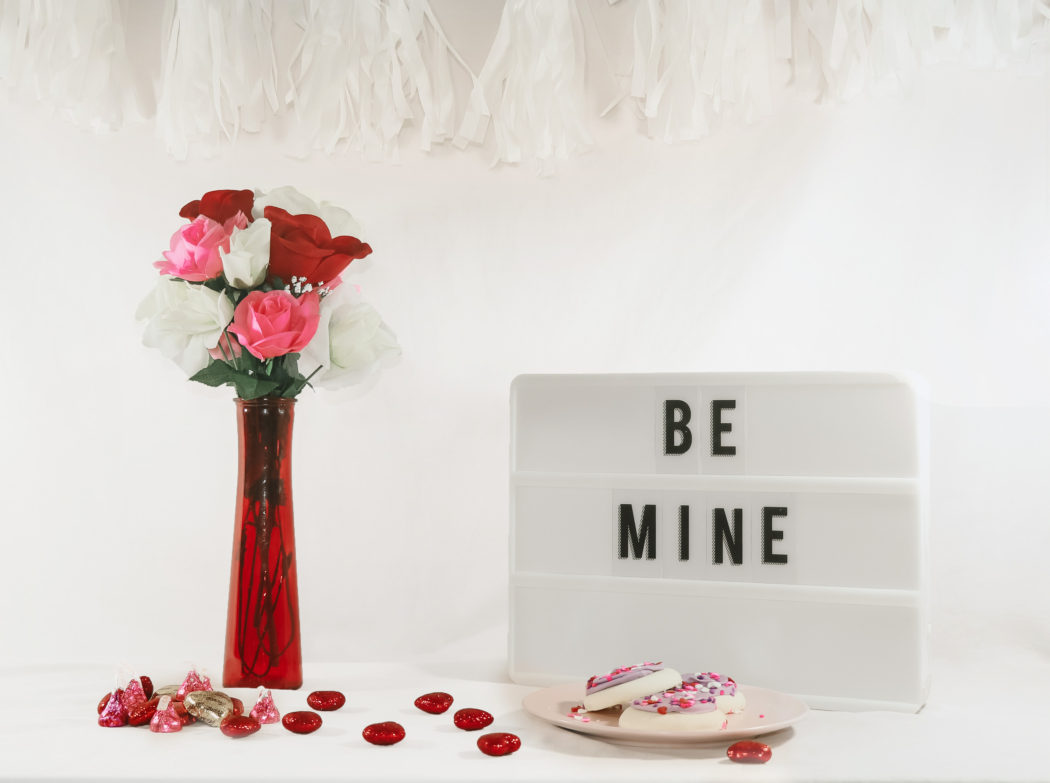10 Lines from literature for your inner hopeless-romantic
It is easy to be cynical in this modern world, but deep down, I believe everyone is partial to romance.
Romance is arguably the most common motif in literature. It has been the subject of legends, poems and novels for millennia. While many of these romances are forgettable, some have defined our concepts of love.
Here are 10 lines from literature to satisfy your inner hopeless romantic (and, yes, boys we do expect you to take notes):
1. “You must allow me to tell you how ardently I admire and love you.” — “Pride And Prejudice” by Jane Austen
Mr. Darcy is a classic literary romantic hero, so it only makes sense our list’s first line is from him. This simple quote conveys not only love but deep respect for Ms. Elizabeth that is enough to make anyone swoon.
2. “Doubt thou the stars are fire/ Doubt that the sun doth move/ Doubt truth to be a liar/ But never doubt I love.” — “Hamlet” by William Shakespeare
“Romeo and Juliet” is doubtless Shakespeare’s most romantic work, but this line from “Hamlet” is just as dreamy. In a letter to Ophelia, Hamlet emphatically assures his love with enough conviction to pacify any insecurity.
3. “Tis better to have loved and lost/ Than never to have loved at all.” — “In Memoriam A.H.H” by Alfred, Lord Tennyson
Is there anything else to say?
Beautiful. A little easier said than done, especially in a global pandemic, but beautiful, nonetheless.
4. “Who, being loved, is poor?” — “A Woman of No Importance” by Oscar Wilde
Again, need I say more?
5. “He wants to put his story next to hers.” — “Beloved” by Toni Morriso
On the surface, this may not seem very romantic. I know I did not originally read it that way. But believe it or not, my 19th-century British literature class last semester spent a bit of time discussing this in a romantic light.
Matt Smith’s Doctor Who said it best: “We are all stories in the end.” The idea of putting your story next to someone else’s implies a couple spending their life together but in a way that makes them equal. One is not dominant over the other; they are each their live’s protagonist. They support each other through compromise rather than demands.
To live as one while retaining individuality is a wonderfully romantic idea.
6. “Whatever our souls are made of, mine and his are the same.” — “Wuthering Heights” by Emily Brontë
The sheer level of toxicity in this relationship aside, Catherine is fueling all our soulmate fantasies by describing Heathcliffe this way.
Is it so much to ask to find a cosmic connection?
7. “Every atom of your flesh is as dear to me as my own: in pain and sickness it would still be dear.” — “Jane Eyre” by Charlotte Brontë
No one is at their best when they are sick. I mean, most people refuse to go out in public or even send a Snapchat until they have done their hair, washed their face and put on an ounce of makeup. Charlotte Brontë has captured our desire for unconditional acceptance and love regardless of looks.
8. “Wheresoever she was, there was Eden.” — “The Diaries of Adam and Eve” by Mark Twain
We all have people — whether friends, family or significant others — who instantly make a place better. Being that for someone is one of the most romantic things I can think of.
9. “Love seeketh not itself to please/ Nor for itself hath any care/ But for another gives its ease/ And builds a Heaven in Hell’s despair.” — “The Clod And The Pebble” by William Blake
Beyond the amusing rhymes, William Blake presents a beautiful image of a love strong enough to endure any misfortune. That is all any of us can ask for.
10. “To suffer with you is the best happiness for me.” — “War and Peace” by Leo Tolstoy
I saved my personal favorite for last.
Similar to Blake’s quote, Leo Tolstoy is writing about a desirably deep romance. It can be hard to think of happiness in troubling times, but to be able to because of one person is something poets would fight for.
*Photo by Bailey Rigby.
 Dara Lusk was born and raised in northern Virginia outside of Washington, DC. She is majoring in English with an emphasis in Technical/Professional Writing and a minor in Anthropology. When not writing she loves reading and annotating classic literature.
Dara Lusk was born and raised in northern Virginia outside of Washington, DC. She is majoring in English with an emphasis in Technical/Professional Writing and a minor in Anthropology. When not writing she loves reading and annotating classic literature.
@dara_marie_

